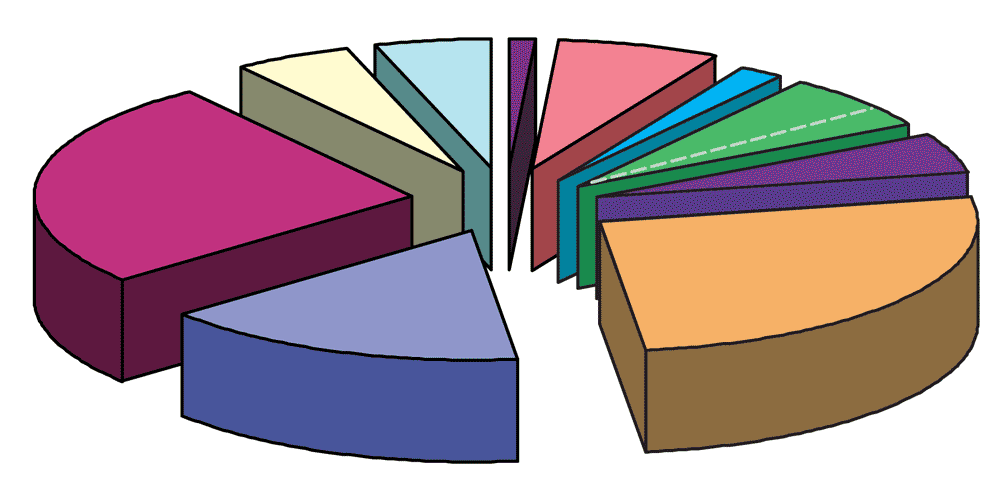Electronics are a resource
They cannot be disposed of in a landfill
What are electronics?
Electronics include TVs, monitors, computers and peripherals, cameras and related supplies, radios, video and DVD players, PDAs, sound systems, phones/cell phones and CD/MP3 players. New electronic products appear on the market all the time, making existing products obsolete and creating more waste.
Why recycle electronics?
Many electronic products contain harmful metals, such as lead, which can cause anemia, high blood pressure, kidney damage, miscarriages, nervous system disruption and brain damage. Other heavy metals often found in electronics include mercury, arsenic, cadmium, barium, silver, selenium and chromium.

What can you do?
King County does not accept cell phones, computer monitors, computers (including laptops) or televisions in the garbage or at transfer stations.
- Use the King County Take it Back Network to find an electronics recycler close to you. Take it Back Network members collect and recycle all types of electronic equipment. These businesses ensure that electronics are recycled in an environmentally sound manner.
- Recycle your computers, monitors and TVs for free with the E-Cycle Washington external link program. This product stewardship external link program is paid for and provided by manufacturers of computers, monitors and TVs to ensure that their products are handled responsibly.
- Check to see if your city or county accepts electronics at their recycling collection events. Some fees may apply.
- Check to see if electronics collection is offered as part of your curbside recycling service. Select your city or town from the drop-down menu on the Garbage & Recycling Services Web site.
Related Information
|


 Translate
Translate
